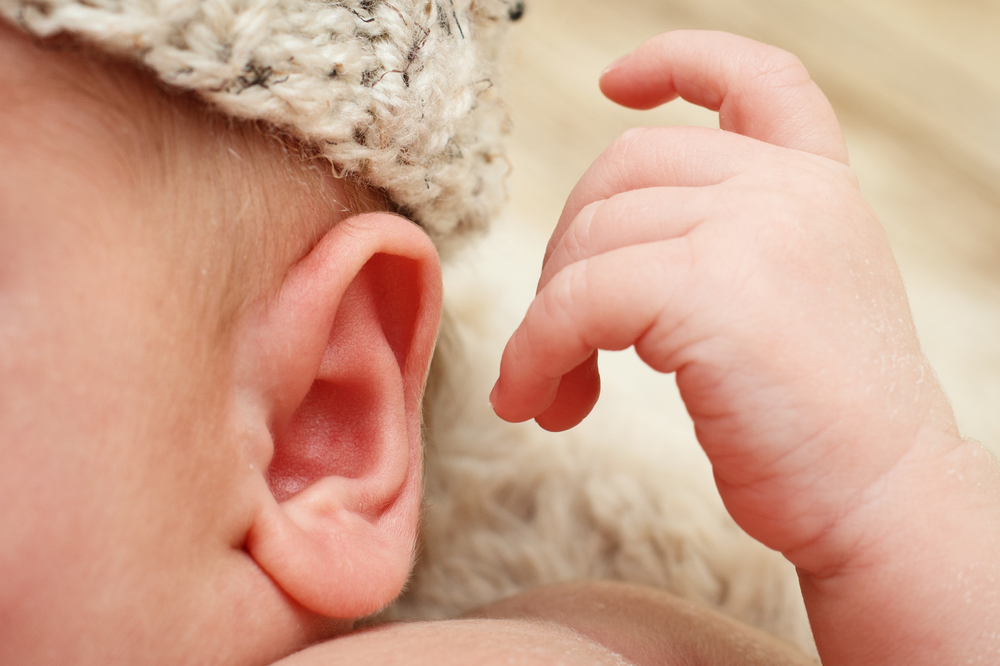TYPES
Generally, there are three types of hearing loss known in the medical field, which are listed below:
- Conductive Hearing Loss (CHL)
- Sensorineural Hearing Loss (SNHL)
- Mixed Hearing Loss (Combination of CHL and SNHL)
SYMPTOMS
Common sensory symptoms for hearing loss happen in both young and elderly individuals affected by the said impairment, which are listed below:
- Difficulty using telephone or smartphone for adults
- Loss of directionality of sound (sound location)
- Difficulty understanding speech, especially from people with a higher tone/frequency voice
- Difficulty understanding speech in the presence of background noise
- Sounds becoming dull, muffled or attenuated
- Need for increasing volume on devices that produces audio
For newborns, their common symptoms are:
- Is not startled by a loud noise nearby
- May show no reaction when spoken to, especially for older infants.
- The inability for a child to speak singles words after 15 months, and 2-words sentences by the age of 2
- Additionally, inattention during the early school years of a child can be considered as an undiagnosed hearing loss if it hinders the child drastically in school
For bodily symptoms, below are what affected individuals may experience:
- Pain or pressure in their ears
- Blocked feeling in their ears
Aside from the bodily symptoms mentioned, there are secondary symptoms that one may experience, such as:
- Hyperacusis – Heightened sensitivity with auditory pain from certain sound levels/frequencies.
- Tinnitus – Buzzing, hissing, or ringing feeling inside the ear
- Vertigo and disequilibrium
- Tympanophonia (Autophonia) – abnormally hearing one’s voice and respiratory sounds


